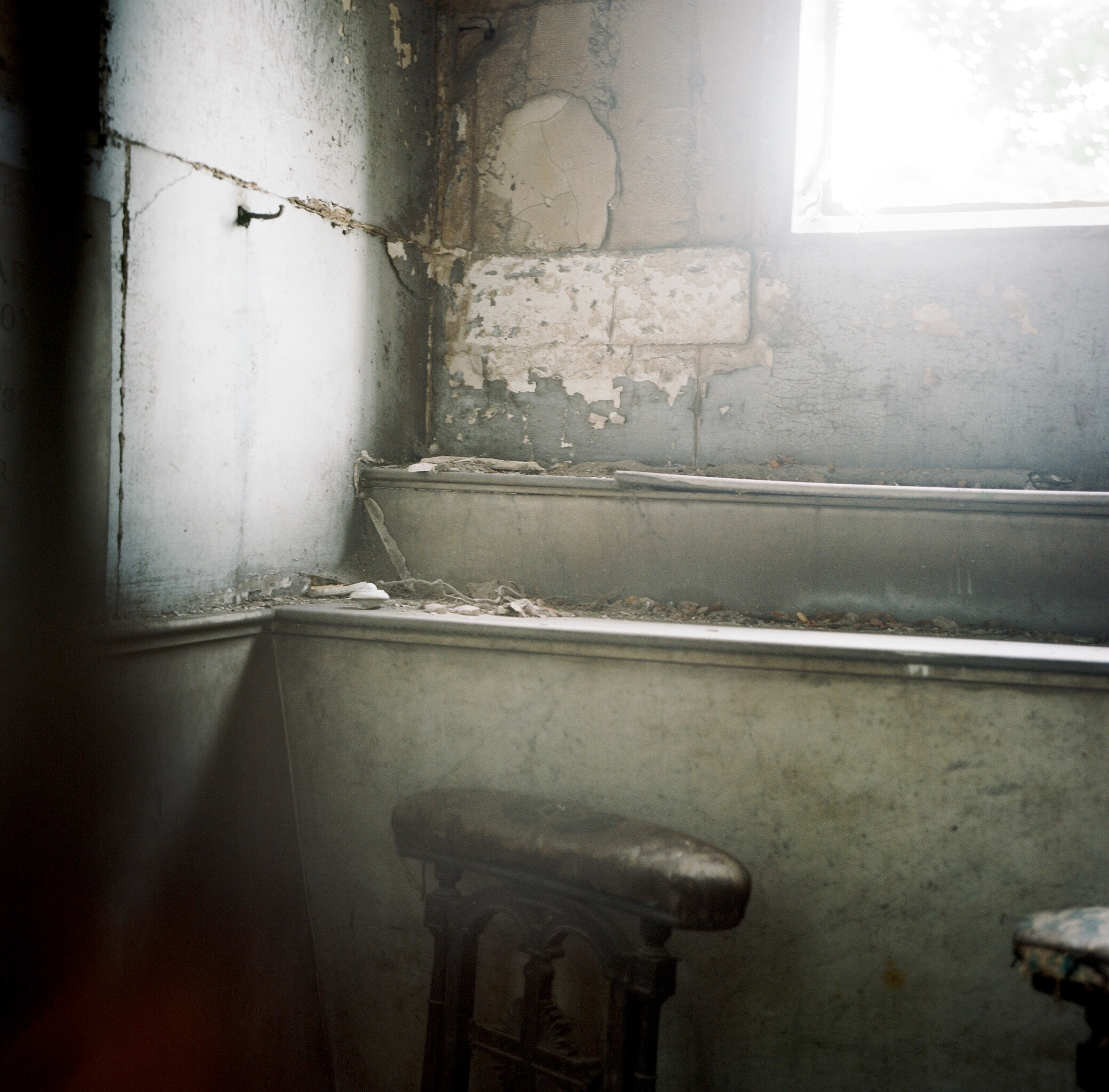On the night of the attack, taxis kept running but stopped their meters.
The last train to my quiet suburb leaves at one, and the earliest doesn’t run before five. There’s a trough in the night, and this summer my friends and I tried to fill it.
We stayed up all night in the city. We started off with sloppy shots in hidden staircases of the riverbank, and we grew to a delirium fueled by cigarettes and tequila. That night, we barhopped from neighborhood to neighborhood and got asked home by androgynous self-proclaimed models. We kissed nameless boys who held us like they were trying to pop our corks. We walked into secret clubs without knowing where we were and we traipsed through alleys that even lampposts had forgotten to light. We guzzled rum out of coconuts. We lost each other once or twice. We met again, effusive with relief. Seven of us piled into a taxi, and we befriended the driver so he’d waive our fare. We were so warm that we fogged up the windows. He drove us around the Bastille four times, and we let the boulevards blur into nightlights.
We wanted to see the sun rise over the river. The first hours of the day were spent drifting from bench to bench, shutting down hollers from men older and drunker than us. By 3am, the streets hushed. Our phones were dead by then. The city seemed to shrink in the dark, and we were not scared because we were together.
We were sleepy. The city was sleepy. We huddled for warmth. We peed in a playground.
I couldn’t keep my eyes open to see the sunrise. We played Banana Pancakes and mellowed under the golden sky.
We passed out in the Starbucks closest to Oberkampf. At 5am, we went home.
My mom says the city has emptied. People shuffle out of streets, straight home. There are calls for O-negative blood. Everyone knows someone who was hurt, or worse.
It snowed the February of my senior year. Rooftops were peppered with white and people slogged through the sidewalk sludge. I plodded my way to Odeon to meet a friend. Even in the snow, the streets were dark with women in gray and men in scarves.
I was late because I stopped to browse through a street-kiosk. The woman manning the stall was bundled up in purple knits. She called me a lil shrimp. Said my cheeks were pink. Said my hands were cold.
I bought a book.
By the time I rolled in to meet my friend, my hair was dandruffed with snow. We touched cheeks. We sipped espresso in the dimming lights of the café. We laughed about something that had happened at school.
She winked at our waiter. He gave her his number.
Afterward, we wandered through the Luxembourg. Stopped to greet a friend. Talked about our families. I told her about the shrimp comment. Brushed it off. Tasted snowflakes. Made plans for the weekend.
I took the subway back home, late.
The café chairs are stacked. The blinds of shops are pulled down.
My mom turned twenty and moved away from suburban Detroit. She’s naturalized now, a voting citizen. Part of the country. An immigrant, still.
Our Thanksgiving centerpiece is small: a few decorative gourds and chestnuts sprinkled around the table. Not a pilgrim in sight. Save for the turkey, I never knew it was a holiday.
When I speak to her, she says it is uncomfortable to eat too much. To drink champagne, to celebrate. No one will come to our house this year.
The borders are not closed.
That afternoon, my friend texts me: “Are your parents safe?” My sister’s friend was there. Her boyfriend was killed.
After school, we run to the city. We are sixteen and our parents aren’t home.
The stained-glass galleries of Montmartre are not holy to us. We have no money, but we act like our parents do. We wear boater hats and platform shoes.
We run down the stairs of Trocadero and only barely catch our train. We are tan and we are breathless. We knock elbows in the metro. We are sixteen and we are drunk.
Wine, warmed by the sun. Legs, kicking over water.
He folds in half to kiss me. He sings into my hair.
In a few weeks, I let him go. We are sixteen.
I wish I could be home right now. I wish I could be anywhere but home right now.
I know the city best in the summer, when the banks turn to beaches and the people pour out. Fur-lined coats are swapped for dresses. Women bare their legs, men unbutton their shirts. I spend thirty minutes on St-Louis waiting for pineapple-basil sorbet, for ritual. In July, I saw a raisin-skinned celebrity there kissing a girl my age. Squirmed, laughed, forgot about it.
On the best days, the sidewalks shimmer in the heat. On the best days, there are hands clutching waists and tongues pressed together.
Life’ll pick up again, small and slow, and then fast. A post-work drink. A phone call to a friend that starts some kinda way.
Parks will fill up. Streets will darken. Kisses won’t linger.
“Keep safe. We’re home.”


Leave a Reply